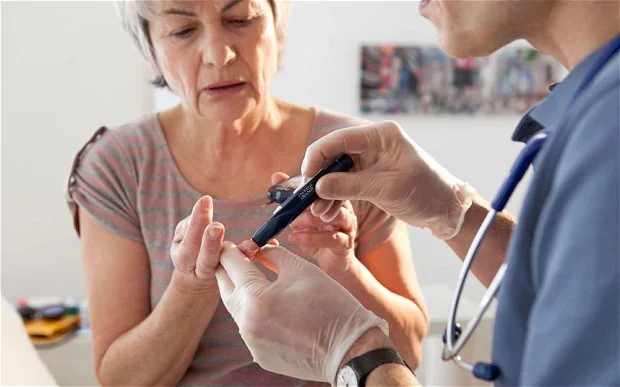Health
Novel Alzheimer's test can predict age of disease onset

New York, March 22: A novel test based on genetic information allows individuals to calculate their age-specific risk of developing Alzheimer's disease, a study led by an Indian-origin scientist has revealed.
The study showed that the polygenic hazard scoring (PHS) system strongly predicted the actual age of Alzheimer's onset and progression from normal ageing to Alzheimer's, with strongly associated neuropathology and biomarkers of Alzheimer's neurodegeneration.
The test could be used to calculate any individual's risk of developing Alzheimer's that year, said Rahul S. Desikan from the University of California, San Diego.
"That is if you don't already have dementia, what is your yearly risk for Alzheimer's onset, based on your age and genetic information," Desikan added.
In the study, appearing in the journal PLOS Medicine, the researchers combined genotype-derived polygenic information -- involving multiple genes -- with known Alzheimer's incidence rates to derive instantaneous risk estimates for developing Alzheimer's.
"From a clinical perspective, the polygenic hazard score provides a novel way not just to assess an individual's lifetime risk of developing Alzheimer's, but also to predict the age of disease onset," explained Anders Dale, Professor at University of California in San Diego.
"The continuous polygenic testing of Alzheimer's genetic risk can better inform prevention and therapeutic trials and be useful in determining which individuals are most likely to respond to therapy," Dale said.
For the study, the team analysed genotype data from more than 70,000 Alzheimer's patients and normal elderly controls.
The results showed that polygenic architecture plays an important role in modifying Alzheimer's risk beyond a gene called APOE -- the most important genetic risk factor for the neurodegenerative disease.
People with top PHS score developed Alzheimer's 10-15 years earlier than individuals with low PHS, and had the highest yearly incidence rate of the disease.



































